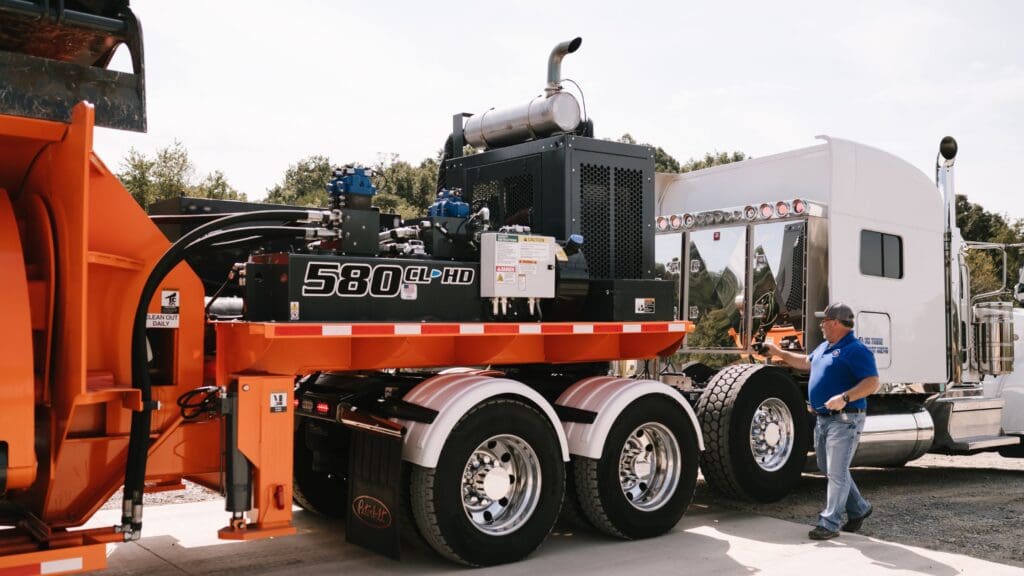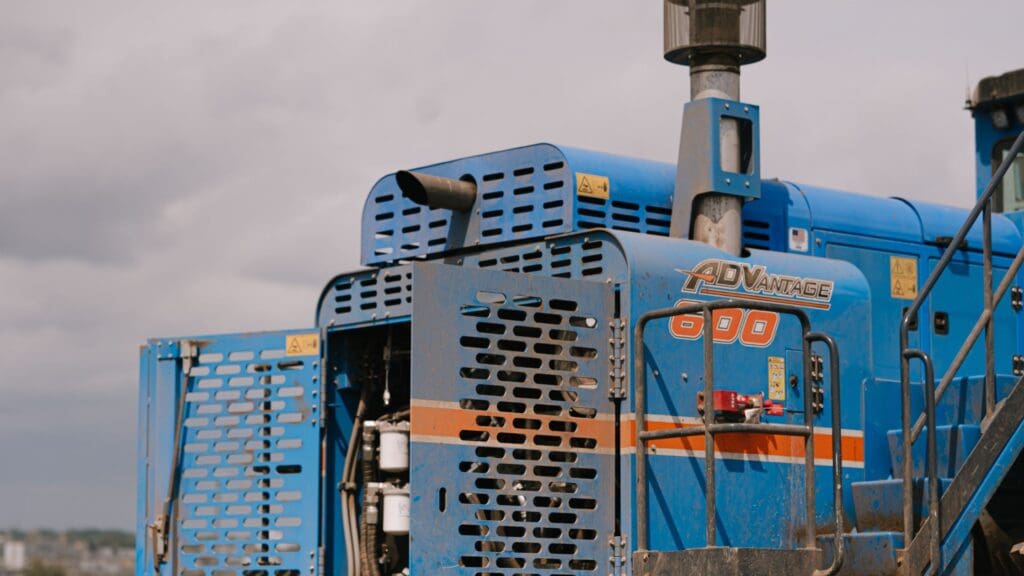With a scrap logger/baler like the Aljon 400XL or the larger Aljon 580CL, your personnel can process as much as 25 tons of scrap per hour. Proper scrap equipment operation is essential to reach and maintain optimal levels of performance for your scrap yard – while ensuring safety for your staff and longevity for your machines.
No matter what kind of equipment you choose, Aljon and our approved service providers are committed to helping you make the most of your investment. That starts from the moment your new scrap logger/baler arrives. Let’s take a look at the most important safe operation tips to keep in mind as you onboard your new machinery.
TIP 1: Make Onsite Operator Training Your First Priority
To accelerate the time-to-value for your new machinery, Aljon takes equipment operator training seriously. When your machine is delivered, most manufacturers provide onsite training to familiarize your team with its operations and maintenance. It’s crucial to have all operators present!
Every operator who’ll be responsible for using the new machine should thoroughly review the service manual and the operator manual. This helps them understand what they’ll need to do on a daily and long-term basis.
Key knowledge areas for scrap equipment operation include:
- Proper spot checks
- Routine maintenance requirements
- Core functionality of the machine
TIP 2: Get Everyone On Board With Personal Protective Equipment (PPE)
Personal Protective Equipment is vital to staying safe. An Aljon 400XL scrap logger/baler weighs in at 62,000 pounds, while a model 580CL tips the scales at 97,500 pounds. Any time industrial equipment of that size is being used, everyone needs to be alert to potential hazards: that means operators and their coworkers alike.
Scrap yards need to implement a PPE protocol for anyone working with, on, or in the vicinity of any scrap logger/baler. The apparel that forms the backbone of a sound PPE protocol includes boots, hard hats, high-visibility vests or other reflective clothing, and protective eyewear such as glasses or goggles.
If you do not have a PPE protocol in place yet, or it’s been a while since you reviewed your protocols, the arrival of your scrap logger/baler is the ideal time to get it done. At Aljon, we recommend a rigorous PPE protocol that uses the above items as a key part of ensuring safety for operators and others working around equipment.
TIP 3: Learn The Basics Of Proper Machine Functionality
A scrap logger/baler relies on a number of precision systems all working together. Problems in one system can cause damage in other areas or even equipment failure. With that in mind, it’s crucial to execute a proper spot check before operating your equipment and again at the end of the working day.
Never operate your scrap logger/baler when any of these service signs are present:
- Oil leaks
- Broken components
- Chafed hoses or wiring
With Safety Fundamentals In Place, You’ll Get More From Your Scrap Logger/Baler
When everyone on your staff keeps these tips in mind, you’ll be that much closer to scrap equipment operation best practices – and the great safety record that comes with them. Plus, as an Aljon client, you’ll always be just a call or click away from the support you need. We’re proud of our tradition of putting our customers first.
Since 1963, Aljon has supplied the scrap and solid waste industry with equipment that offers the best in performance, reliability, and value. After your purchase, our experts are always ready to help out – our network of approved service providers throughout the United States means there’s likely one near you.
Contact us to find out more or get started.



